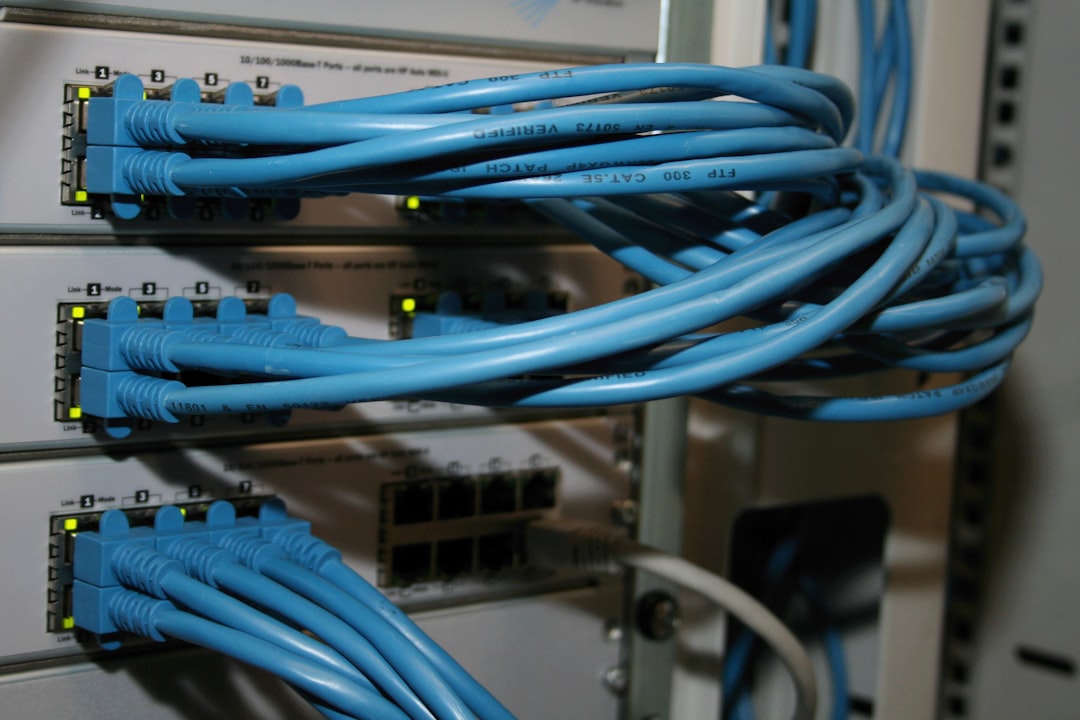In today’s digitally-driven business environment, maintaining robust, secure, and scalable IT infrastructure is paramount. For many organizations, managed colocation services offer a strategic solution by combining the advantages of traditional colocation with a suite of managed services. These services allow businesses to house their servers and networking equipment in professionally maintained data centers while enjoying comprehensive support from the service provider.

Unlike standard colocation—which merely provides space, power, and cooling—managed colocation services offer enhanced features intended to reduce the IT management burden on in-house teams. Here are the key features that make managed colocation an attractive option for many enterprises:
1. Proactive Monitoring and Management
One of the core features of managed colocation is the continuous monitoring of hardware and services. Providers monitor network performance, power usage, and server health 24/7. This ensures rapid response to incidents, helping to minimize downtime and protect critical operations.
Proactive troubleshooting and automated alerts enable teams to address issues before they escalate, which translates into improved uptime and service reliability.
2. Security and Compliance
Managed colocation facilities are equipped with robust physical and digital security measures, including biometric access controls, surveillance systems, round-the-clock security staff, and advanced fire suppression systems.
On the digital front, services often include firewalls, DDoS protection, intrusion detection systems, and vulnerability assessments. Providers often help businesses maintain compliance with key regulations such as HIPAA, PCI-DSS, SOC 2, and other regional data protection laws.
3. Redundancy and High Availability
Ensuring business continuity is a top priority for enterprises relying on IT infrastructure. Managed colocation services typically include:
- Redundant power supplies, such as UPS systems and backup generators
- Multiple data carriers offering network redundancy
- Disaster recovery (DR) strategies and failover mechanisms
This high level of redundancy ensures that business-critical applications stay online even in the event of equipment failure or local outages.

4. Scalability and Flexibility
As companies evolve, so do their infrastructure needs. Managed colocation services are inherently scalable, allowing organizations to increase or decrease space, bandwidth, and service levels without major disruptions.
Many providers offer customizable plans based on the specific IT needs and growth trajectories of their clients. This flexibility is essential for startups as well as established enterprises anticipating future expansion.
5. Expert Technical Support
24/7 technical support by highly-skilled professionals is a hallmark of managed colocation. Whether it’s remote hands for physical equipment tasks, configuring hardware, or diagnosing connectivity issues, service providers offer a layer of expertise that smaller internal teams may lack.
Furthermore, service-level agreements (SLAs) clearly define support response times and uptime guarantees, providing assurance and accountability.
6. Advanced Networking Capabilities
Managed colocation facilities often provide access to advanced networking solutions such as:
- Direct connections to cloud providers (e.g., AWS Direct Connect, Azure ExpressRoute)
- Blended IP transit for greater reliability and speed
- Private cross-connects between tenants or services
These capabilities enhance data exchange, reduce latency, and optimize the overall network performance.
7. Backup and Storage Solutions
Reliable backup and storage services are often bundled into managed colocation packages. Providers offer data replication, off-site backups, and snapshot functionalities to ensure data integrity and facilitate rapid recovery in the event of a failure.
8. Cost Efficiency
Though managed colocation involves higher upfront investment compared to unmanaged colocation or cloud services, it often leads to lower total cost of ownership (TCO) over time. Businesses benefit from reduced capital expenditures on infrastructure, decreased IT staffing costs, and minimized downtime risks.
Conclusion
Managed colocation services strike a compelling balance between control and convenience. With features such as proactive monitoring, stringent security, expert support, and scalable infrastructure, these services empower businesses to focus more on core operations while leaving the complexities of data center management to specialized professionals.
Choosing a managed colocation provider requires careful assessment of service offerings, SLAs, compliance capabilities, and support models. Partnering with the right provider can significantly improve IT resilience and operational efficiency.
